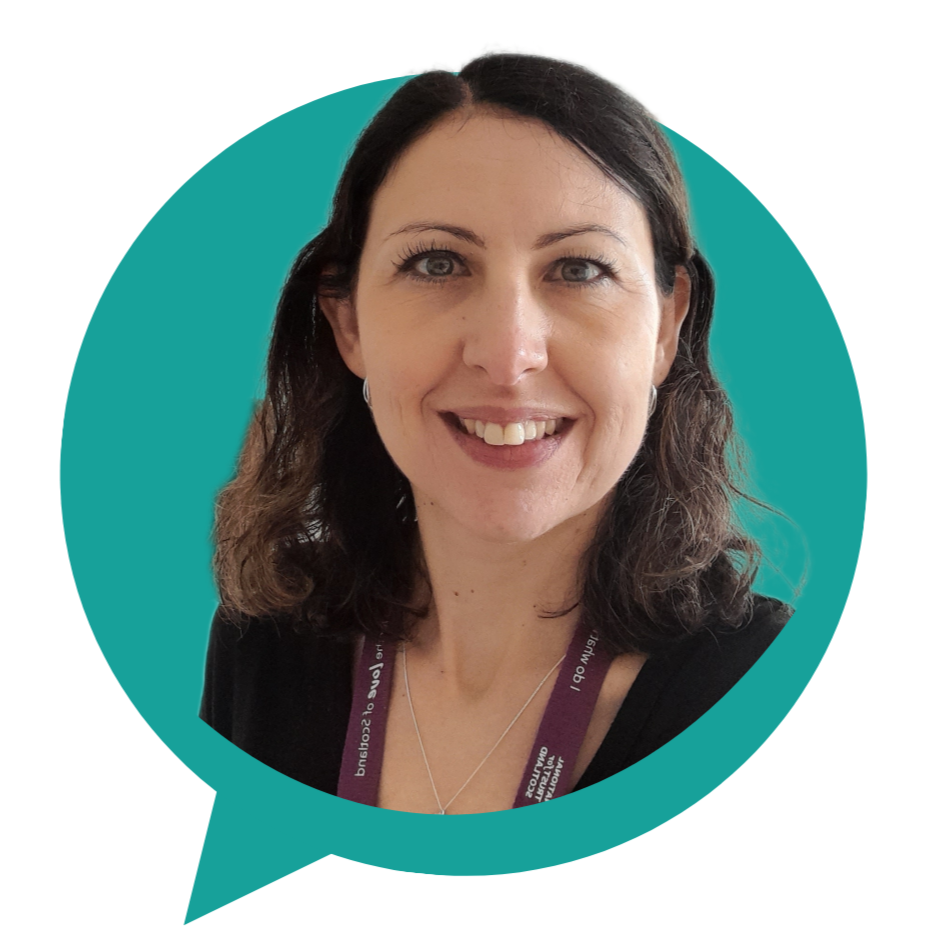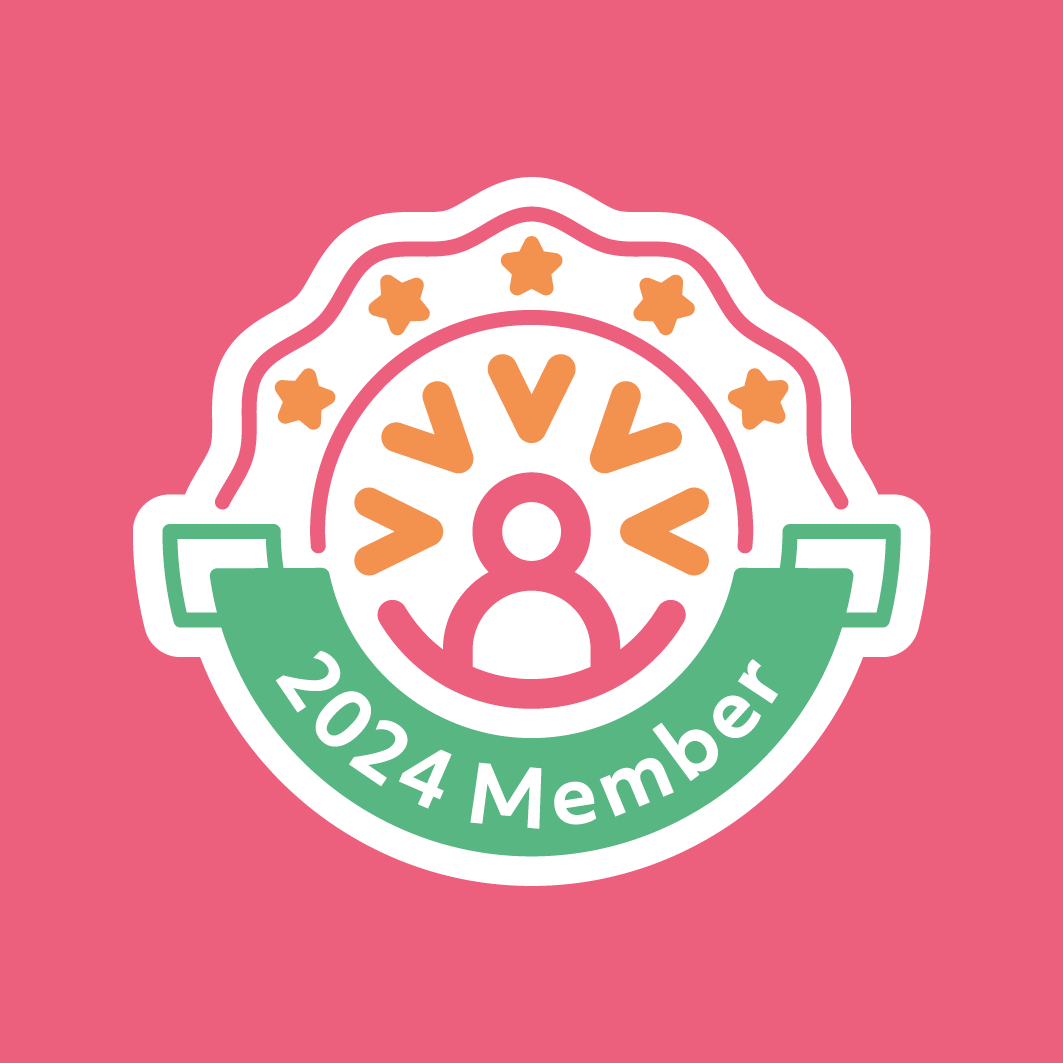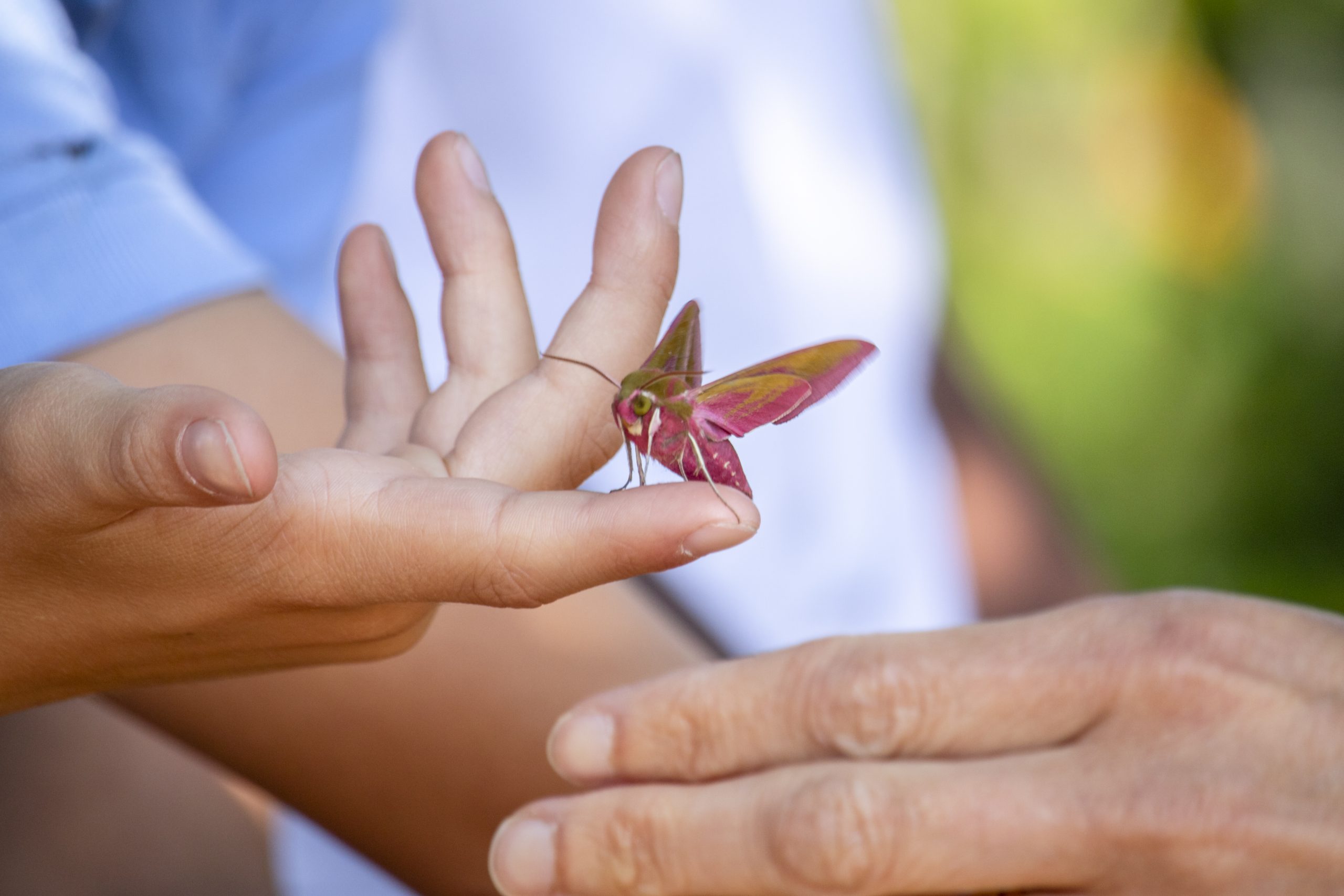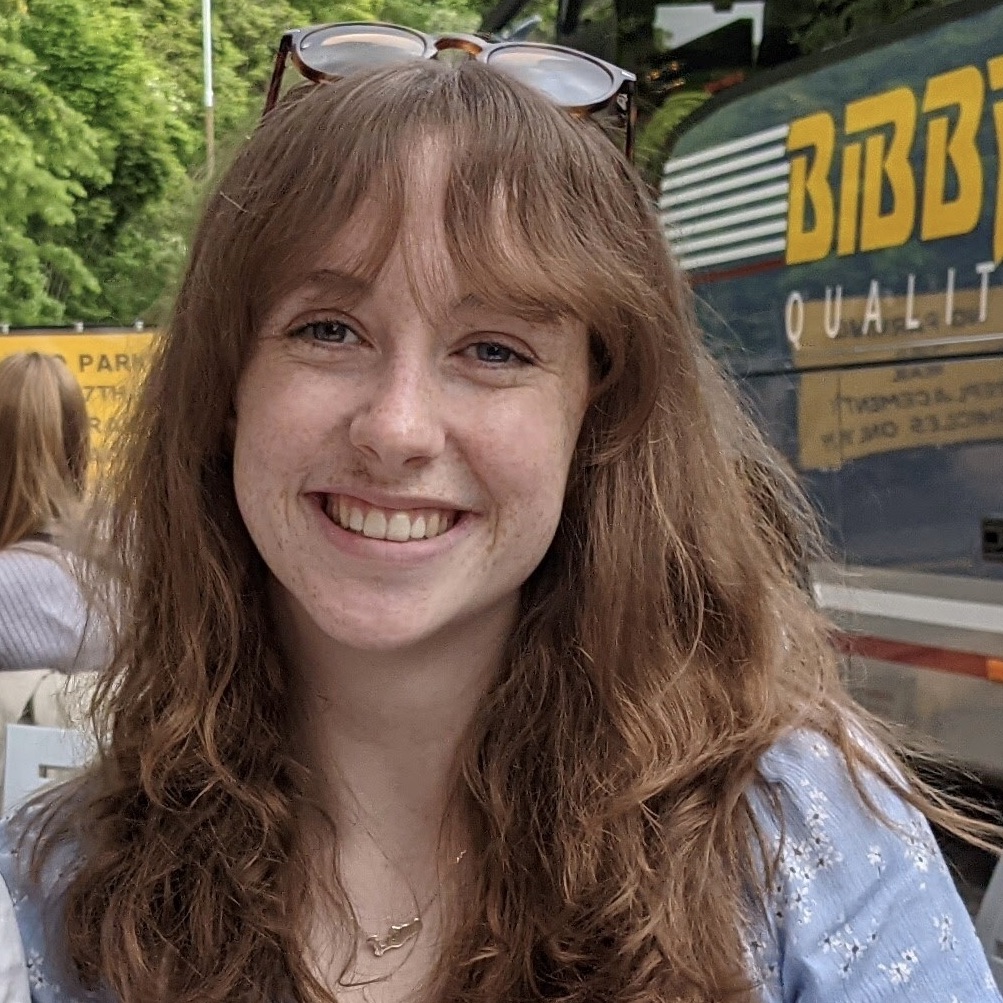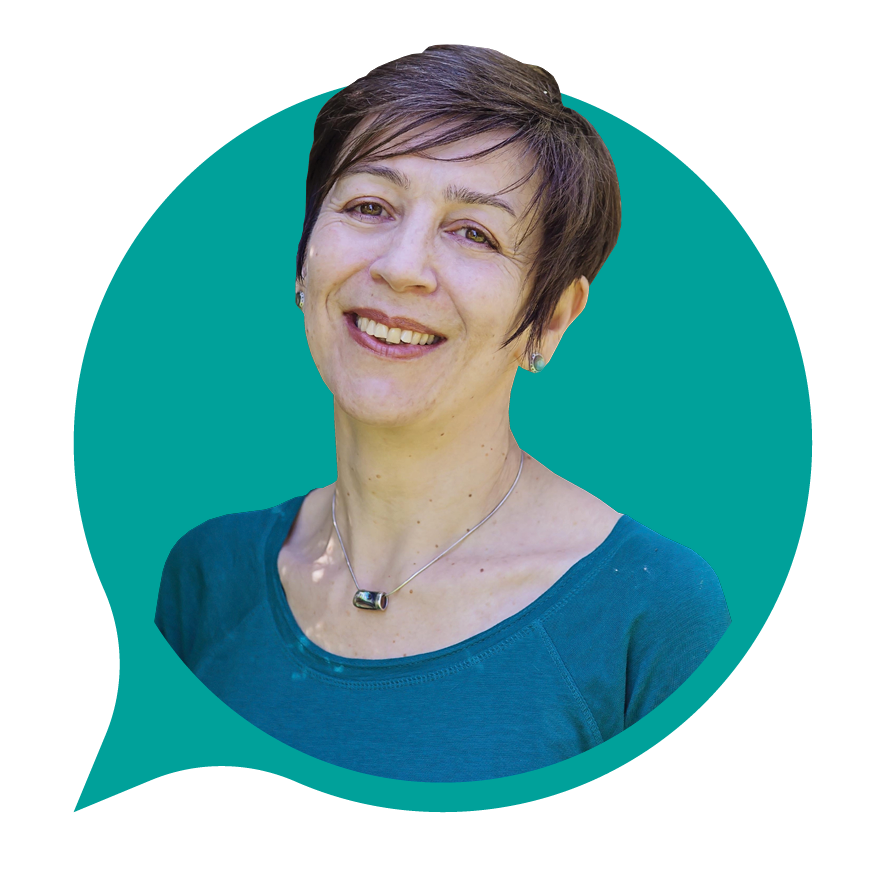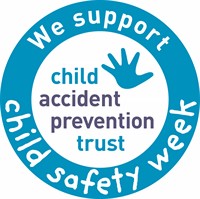A momentous moment for children's rights in Scotland
16 Jul 2024
Today, as the UNCRC (Incorporation) (Scotland) Act 2024 comes into effect, we celebrate a monumental step forward for children’s rights in Scotland. While we all take a moment to celebrate the culmination of years of determination and hard work demonstrated by children, young people and their supporters, alongside a few of our members, we share our hopes for what incorporation will mean for children and young people across Scotland.
Cathy McCulloch OBE, Director of Children’s Parliament:
“In 1992, children called for a “children’s parliament; a place where children are taken seriously and where we can talk about things that are important to us, not just to adults”. Thirty-two years later, Article 12 of the UNCRC is about to be embedded in the new Act. But our excitement is about much more than a child’s right to have a say.
What we will have at the heart of all we do with, and for children, is the right for every child to have their human dignity respected and their best interests served. For a country that often tolerates, rather than values, children, Scotland now has an opportunity to ensure environments around children are based on love, kindness and understanding; environments where children blossom, habits of a lifetime begin, and we begin to see the culture change to which we aspire.”
David Mackay, Head of Policy, Projects and Participation at Children in Scotland:
“This is an exciting week! So many children and young people (and their workforce allies!) have campaigned tirelessly for the incorporation of the UNCRC over the years. Unfortunately, we know that just because something is in law, it doesn’t mean it automatically happens, so the hard work starts here to ensure children’s rights are truly respected and upheld.
"I hope that UNCRC incorporation will be an important tool for protecting children and families and tackling the stark inequality we see across Scotland. I also hope it will raise the profile of children’s ‘voices’ and act as a guiding light for other parts of the UK. But before the hard work, we will allow ourselves a small celebration and, of course, some cake!”
Dr Judith Turbyne, Chief Executive of Children in Scotland:
“Time to get the party poppers out. Children and young people’s rights as outlined in the UNCRC will be made part of law in Scotland. This is truly a moment to stop, take a deep breath and smile. It has taken a lot of effort and energy from children, young people and adults to make this happen.
So yes, let’s celebrate, and then let’s roll up our sleeves and start the very important work to ensure that this really makes a positive difference for all children and young people across Scotland.”
Georgette Cobban, Senior Development Officer (The Promise) from ACVO TSI:
“As an organisation which supports the third sector, we are hopeful that incorporation of the UNCRC in Scots Law will focus the minds of decision makers on the delivery of The Promise for children across Scotland, and help communities in their ongoing fight for fairness.
"The third sector can only do so much with the limited resources it has, however, this Act presents an opportunity to force systemic change at a national level for some of the most serious issues facing society such as child poverty. At this stage we can only be hopeful. The record of successive local and national political administrations has failed to deliver the wholesale changes required to ensure that for every child, they have what they need to grow up loved, safe and respected.”
Marie Harrison, Senior Policy Officer (Children’s Rights), My Rights, My Say service, Children in Scotland:
“With UNCRC being incorporated into Scots law, it is our hope that children across Scotland will be more able than ever to exercise their rights.
"As a network, My Rights, My Say supports children aged 12-15 with additional support needs to share their views and experiences related to their education and the support they receive in school. The limited reach of the Additional Support for Learning Act, however, means that only children aged 12-15 or 16 and over have specific rights. For example, to request assessments or make a reference to the tribunal, children outwith these age groups cannot access statutory advocacy and support to share their views in formal processes.
"It is our hope that the UNCRC Incorporation Act will facilitate a change in this and ensure that all children, regardless of their age, and regardless of how they communicate, will be able to access services like the ones My Rights, My Say currently provide. We realise this will not happen overnight but My Rights, My Say provides evidence that a structural support mechanism must be in place if rights are to be actioned in practice, and not just remain a theoretical concept.”

Participation and engagement work
Find out more about how we embed the inclusion and participation of children and young people in our work
Click here for more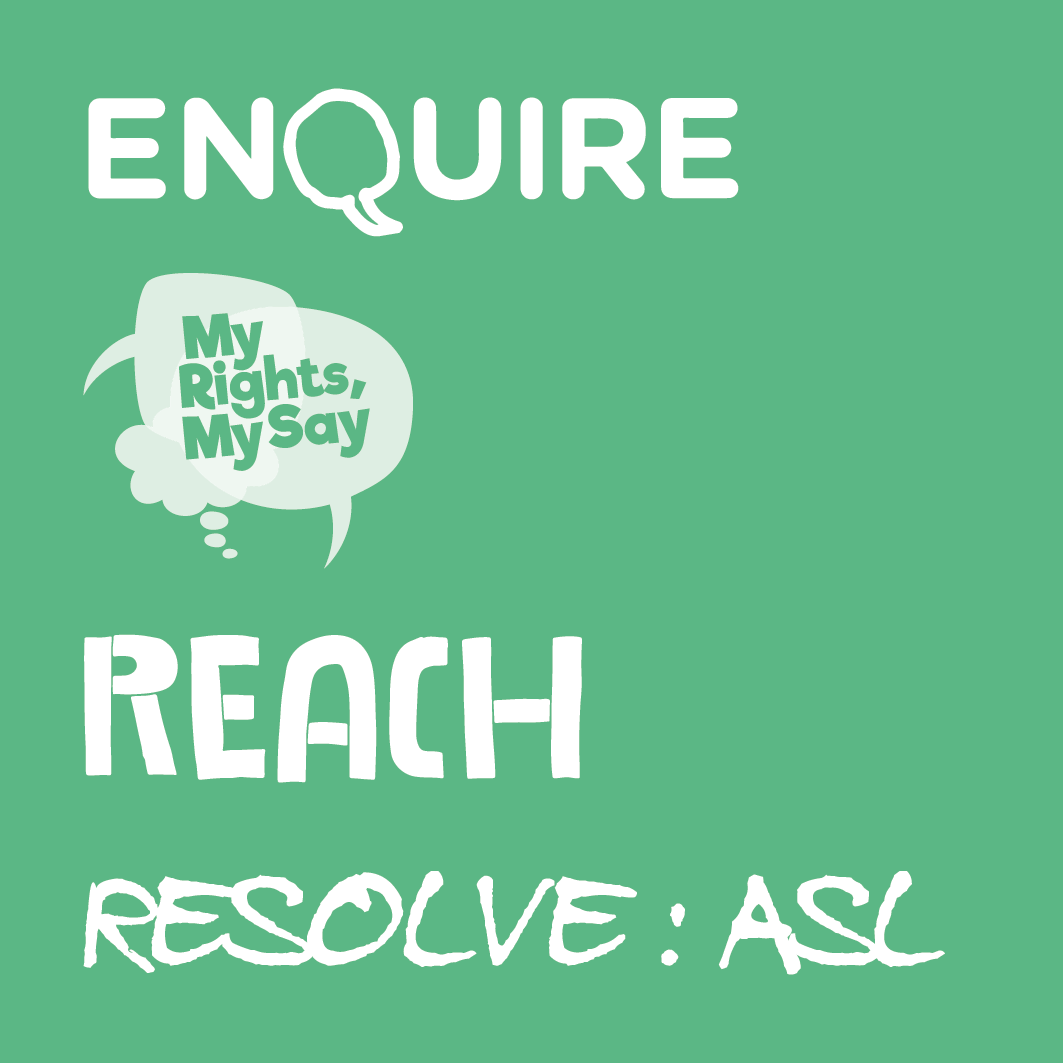
Our services
We offer a range of services that provide support, advice and representation for children and families
Click here for more